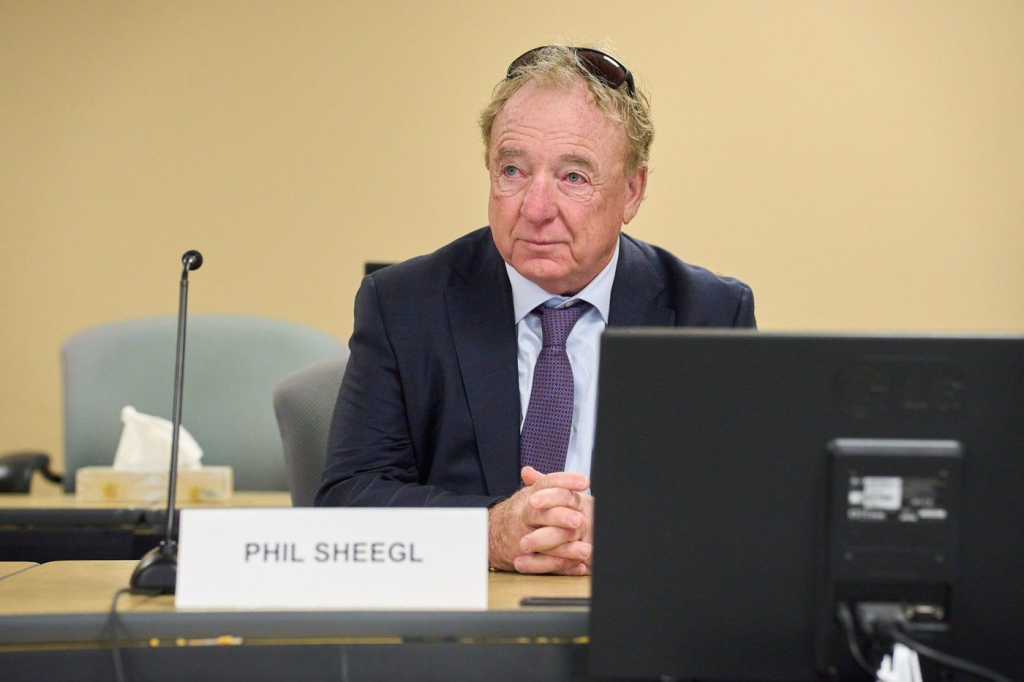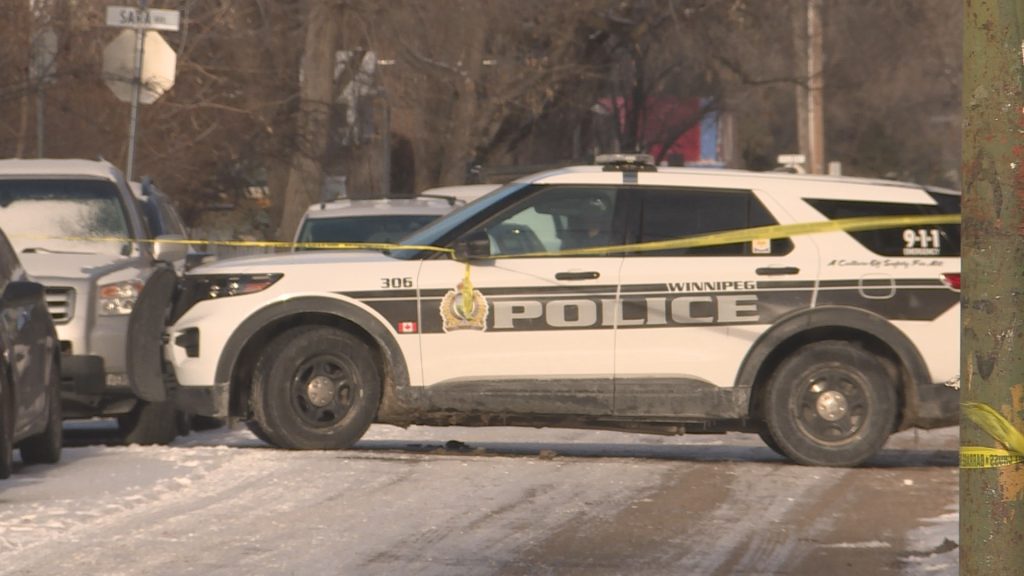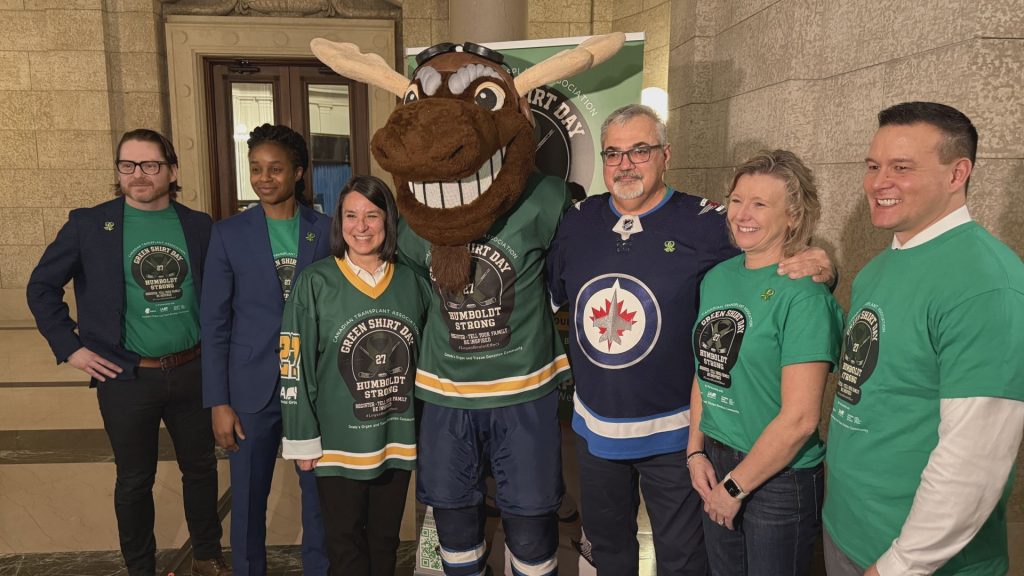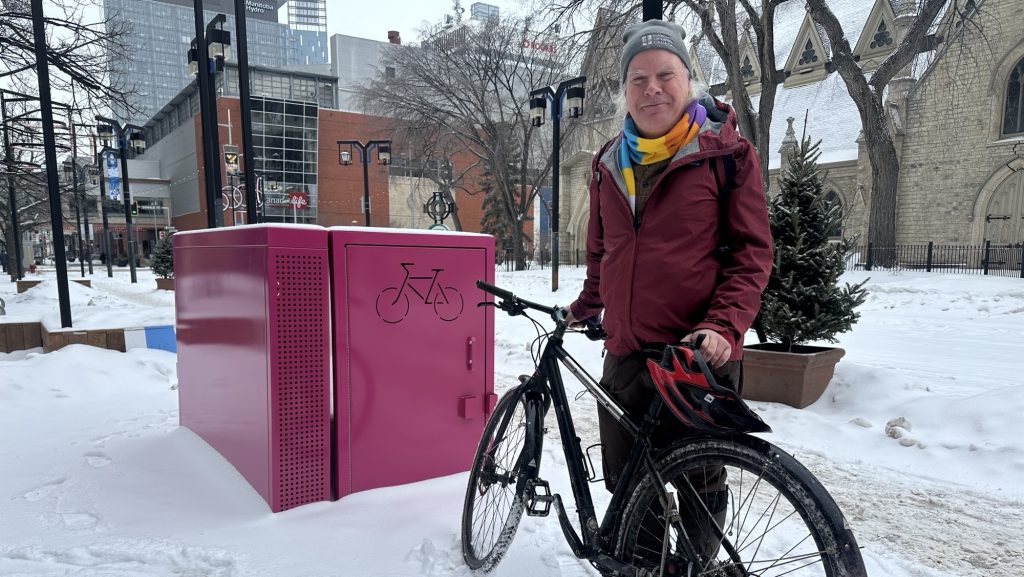Winnipeg and feds launch tree planting program
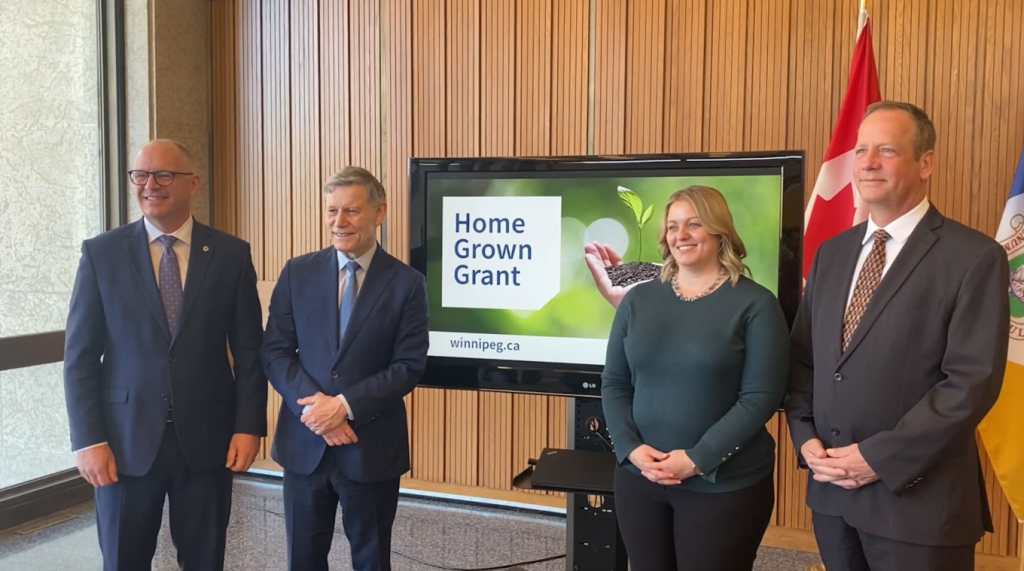
Posted January 25, 2023 3:56 pm.
Last Updated January 25, 2023 6:22 pm.
The Canadian Government, in partnership with the City of Winnipeg, has announced a new grant program designed to plant more trees and support the continued growth of urban forests across the country.
Winnipeg will receive more than $7 million over a three a year period from a new federal grant, which will help plant over 71,000 new trees across the city.
“We know that trees enhance the beauty of our community, they provide shade from our sun, reduce energy costs, slow stormwater flow, they prolong the life of infrastructure, clean the air and increase property value,” said Scott Gillingham, Mayor of Winnipeg.
But tree canopies across the country, including in Winnipeg, remain vulnerable to damage and disease. Dutch Elm disease continues to attack the city’s 230,000 American Elms and most recently the Emerald ash boar beetle has been killing healthy trees.
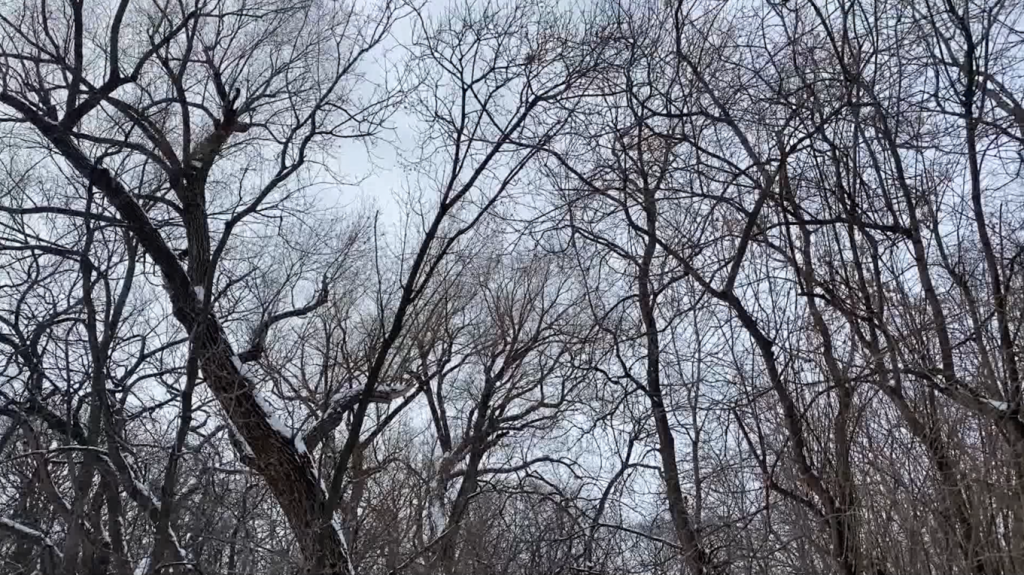
The Canadian Government and the City of Winnipeg, has announced a new grant program.
Kerienne LaFrance says it’s important to revitalize and replant the trees that were lost.
“With a combination of seedlings in container and caliber trees, in partnership with community groups and our colleagues at natural services, we anticipate planting approximately 14,000 trees this year,” explained Kerienne LaFrance, Supervisor of Forestry Technical Services for the City of Winnipeg.
The federal government has committed to planting 2 billion trees in urban areas throughout the country over a 10-year period. MP Terry Duguid for Winnipeg South says 29 million trees, representing 150 species, were planted in 500 locations across the country in 2022.
“By 2026, there will be planting of between 250 and 350 million trees a year. A staggering number,” said Terry Duguid, Member of Parliament for Winnipeg South.
The Canadian Forest Service estimates that by 2050, the planned two billion trees could reduce emissions by up to 12 megatons of carbon dioxide, which equates to taking more than 2 million gas-powered cars off the road each year.
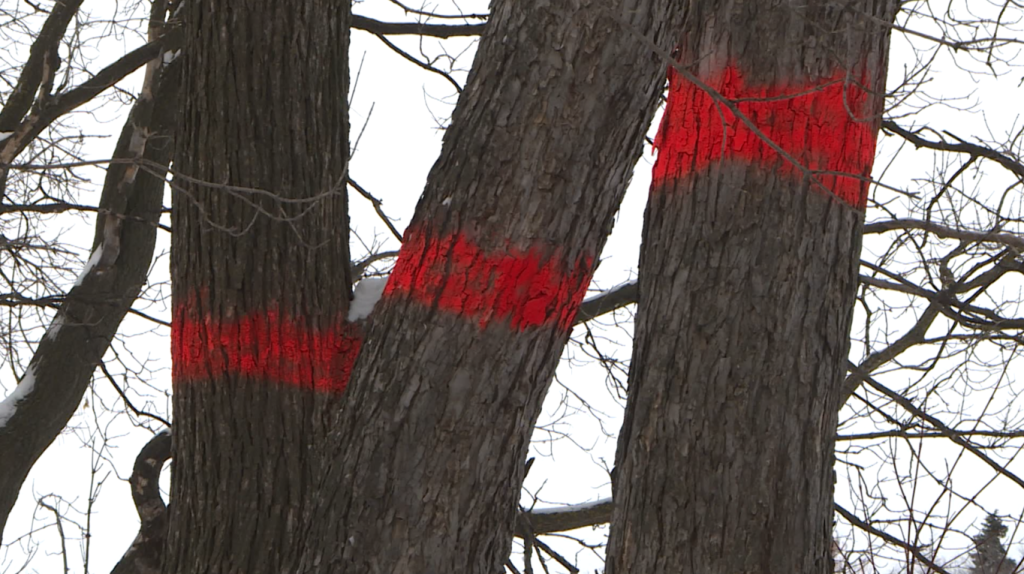
The Canadian Government and the City of Winnipeg, has announced a new grant program.
In 2021, Prime Minister Justin Trudeau, along with other countries at the COP26 climate summate, agreed to end, and reverse deforestation by 2030.
Curtis Hull with Climate Change Connection says there are still some areas across the country that are seeing deforestation, but he says Canada’s forestry record isn’t as bad as some other countries around the world.
“Southeast Asia and Brazil have had a history of deforestation to the point where the soil is exposed and results in a lot of erosion and other detrimental effects,” explained Curtis Hull, project director with Climate Change Connection.
Hull says planting more trees is and ending deforestation is great, but is not enough to combat climate change. He says we have to slash heating our homes and buildings with fossil fuels and move from gas-reliant cars to electric.
“There is a benefit to the trees, in terms of climate change and reducing our reliance on fossil fuels,” said Hull. “Focusing on those things, our buildings on how we heat them, our vehicles on how we fuel them and replacing those with electricity effectively and efficiently is the real challenge hat we face with climate change.”
Planting trees in Winnipeg
With the new deal, Winnipeggers will be able to apply for the ‘Home Grown’ grant.
The grant will offer groups up to $20,000 for large-scale planting projects.
All registered not-for-profits and incorporated community groups are eligible to apply, however, the city says there is more interest for “areas of higher poverty and other underserved communities.”
“We want projects funded by the grant to play a role in making tree planting activities more accessible to all Winnipeggers,” said the City in a statement.
Anyone interested in applying for the grant can do so here.
